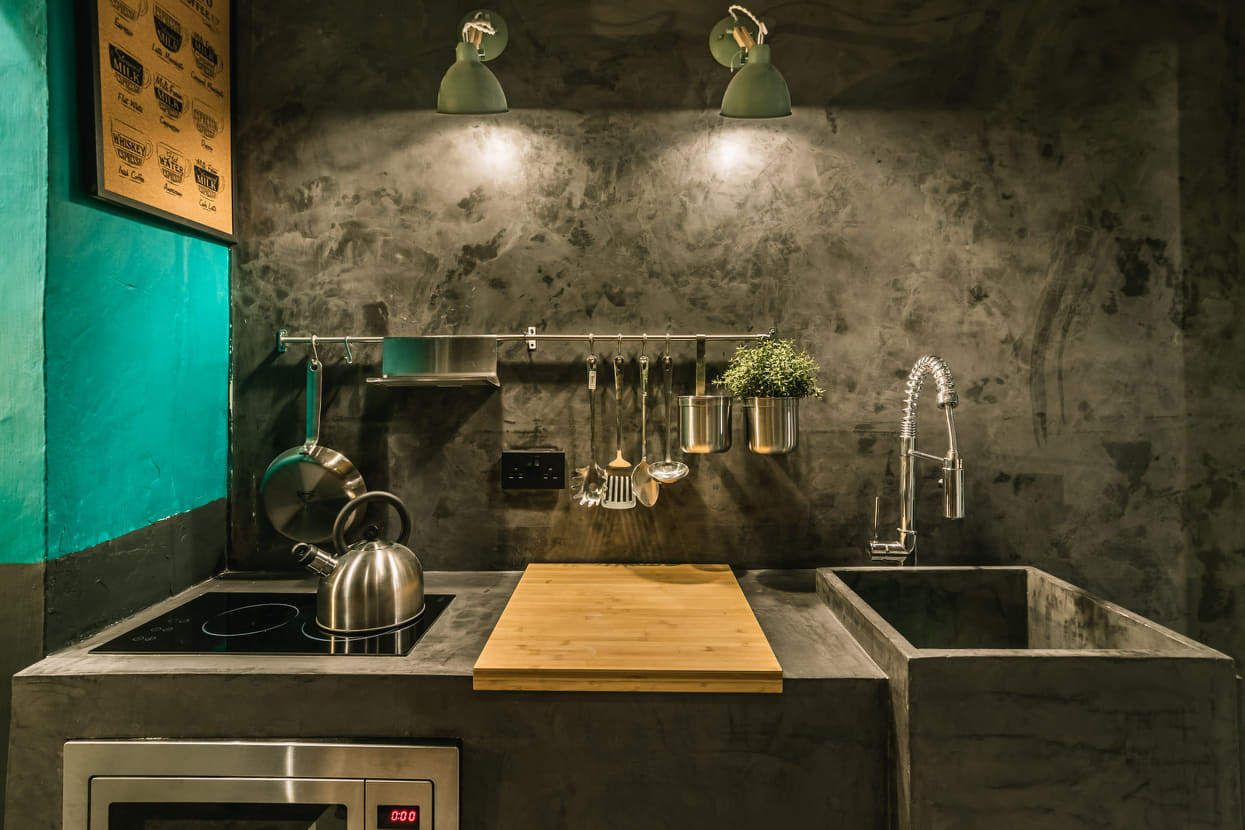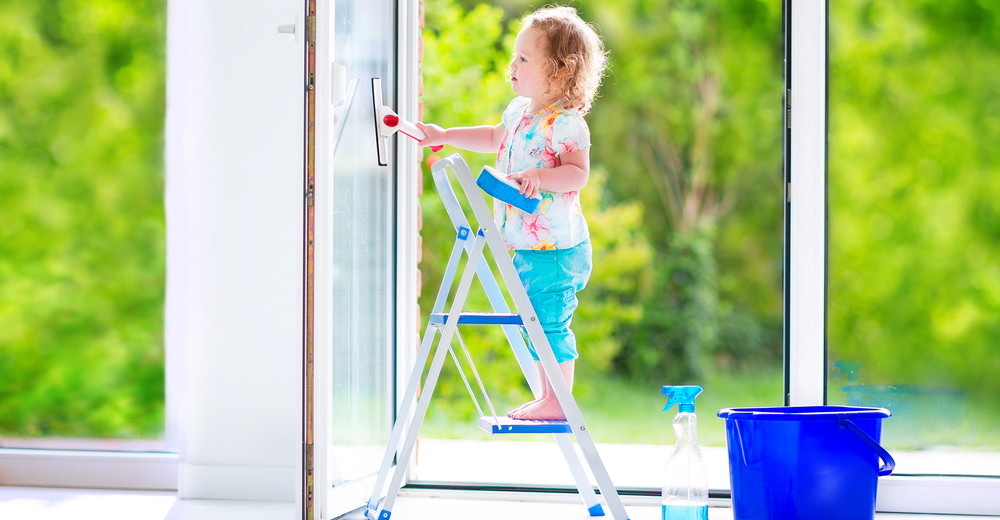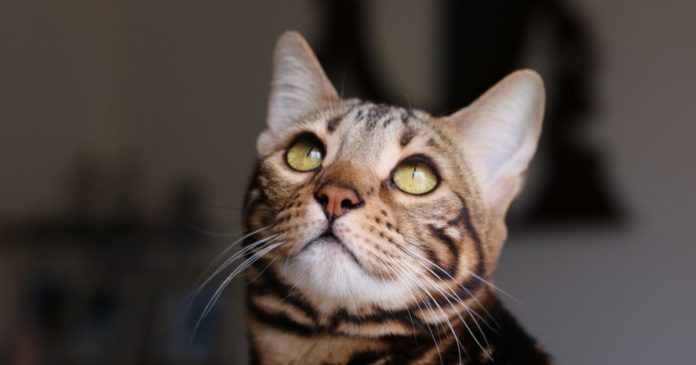Cats are known to be very independent creatures and at times moody ones. However, that doesn’t mean they don’t need tender and loving care from their guardians. While they’re lucky not to be facing the harsh reality of living as strays, they still have different needs that we, as their cat-moms and dads, need to take care of. House.mt is very pro-pet, so we did our research and nitpicked ten best tips to keep your bundle of fluff happy and healthy.
- Safety First
The most important things a cat guardian needs to do before bringing their new pet home is to have the cat neutered and vaccinated. Cats who aren’t fixed are more likely to run away in order to fulfill their needs.
2. Scratching Solutions
The one visual that represents the ultimate territorial tug-of-war between humans and their feline friend has to be claw marks on furniture, curtains, and sofas.
Invest in cat poles and place them around the house for your cat to scratch away at. Also, keep a nail clipper handy and trim your cats nails regularly.
3. Litter Issues
Cat fanatic and expert Jackson Galaxy from The Animal Planet’s well-known show, ‘My Cat From Hell’, is the person to go to for kitty related queries and issues. When your cat is still getting used to his/her surroundings, Mr Galaxy recommends that every cat-parent keep a second litter box around the house so your cat has easy access to answer nature’s call.
It’s understandable to find the idea unpleasant, both visually and otherwise; so why not get litter box furniture to cover the eye-sore? Laura Denberg says that a cover over the litter box can help mask the smell.
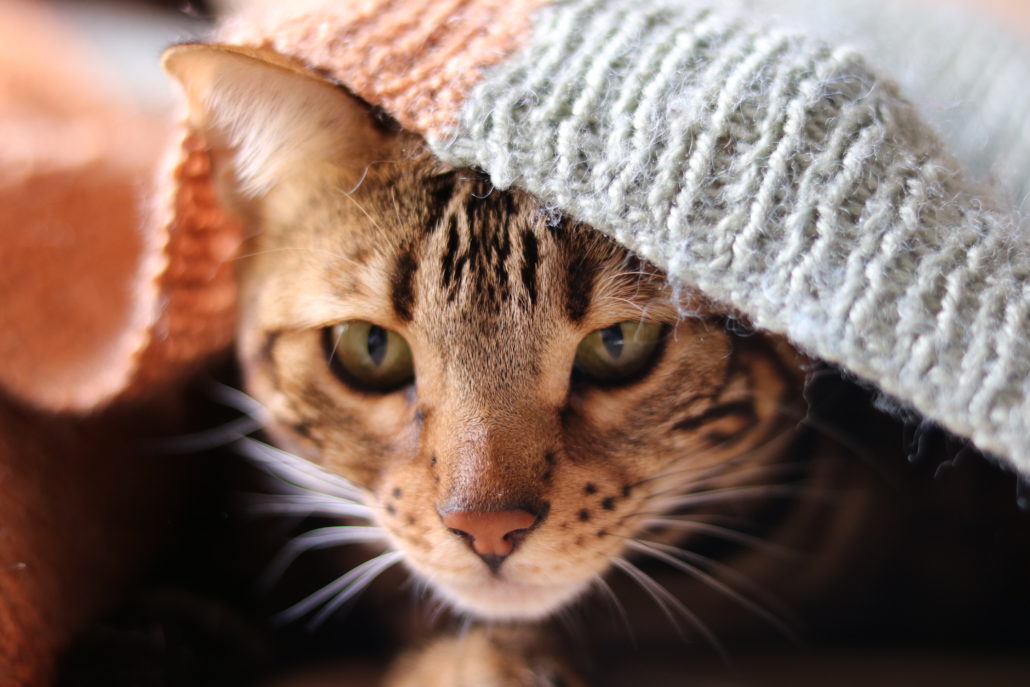
4. The Cat’s Meow
Every cat owner has experienced the loud cries of hunger/ boredom in the middle of the night. One tip to control this behaviour is to play with your feline friend about 30 minutes before you wish to go to bed followed by well-portioned feeding.
Once your cat has had his play and dinner, he’ll be ready to curl up beside you and – hopefully – snooze the night away.
5. Kitty Corner(s)
In another House.mt article on dog-woofing an apartment we mention how important it is to give a pup his own space in the house.
Cats work the same way; they’re very territorial, and if you don’t provide them with a space they can call their own, they’ll make it a point to choose a few spots for themselves. Try invest in stylish cat scratching-posts which are made to suit many different aesthetics, or choose one of these plants your cat can nibble on.
6. Beware Poisonous Plants
Speaking of plants, one of the most common plants which you shouldn’t let your cat nibble on is the Poinsettia plant many of us love to decorate with during Christmas time. Here, we’re including a link to an article we wrote on some other plants that pet-owners should avoid (which also include tips if your cat ever does ingest some).
7. Tree’s Company
Another tip to keep your cat off your furniture is to install a ready-made kitty condo to allow for ultimate roaming possibilities. If this isn’t your style, a good alternative is installing shelves at different heights.

Jackson Galaxy explains that cats love higher ground because of their territorial nature – they want to feel as if they own your space (now, if only they could help with the rent once in a while).
8. Playing Rough
Dogs have a leash and a collar, sometimes a Frisbee and a ball; a cat has its own type of toys which are essential to its health and happiness.
Cats are hunters, and their playtime needs to reflect this. Some of the greatest toys for cats are interactive ones – whether it be something you buy at a store, or even some string ties to a stick. According to Mr Galaxy, as long as your cat is bouncing off the walls for some time every day, you’ve done your job.
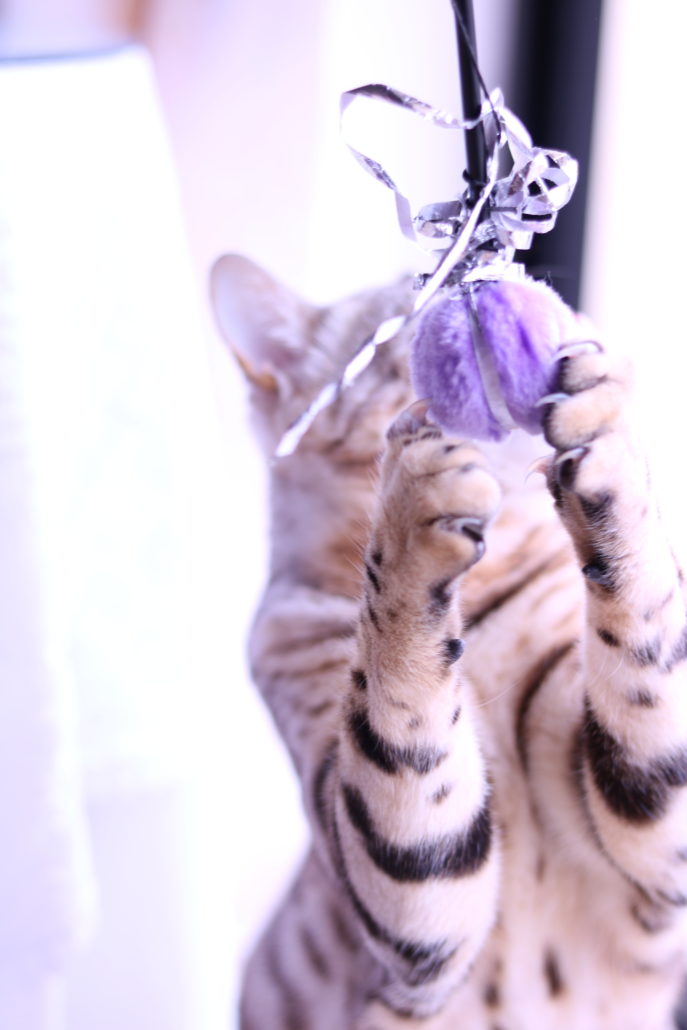
9. Home Alone
If you can’t be there to play with your cat during the day and don’t want to come home to a cat-astrophe, leave a cardboard box or some jingle balls lying around to keep your cat entertained.
Make sure to switch out the toys from time to time so your cat won’t get bored of them too quickly.
10. Watch them as they age
As a cat ages, many of the habits that you were used to in their youth will change. They will eat less frequently, and they won’t play as much.
Drinking more or less water than usual is also a sign of age. If your cat is still at a good age but is showing some worrying symptoms, consider taking them to the vet to rule out illness.
And there you have it! 10 tips for making sure your little feline friends are healthy and happy. We – Oscar and Kora included – hope you enjoyed reading our article!

